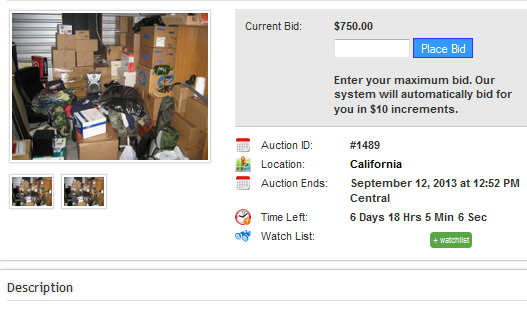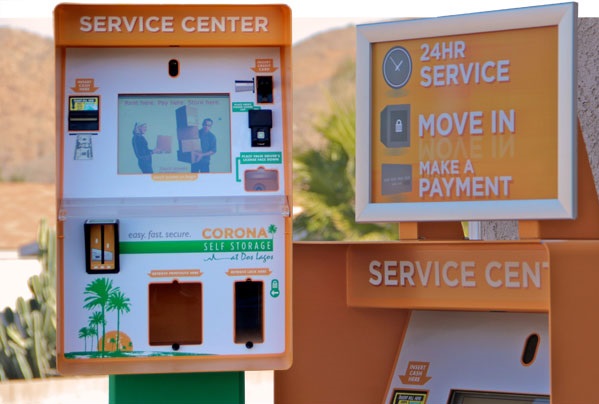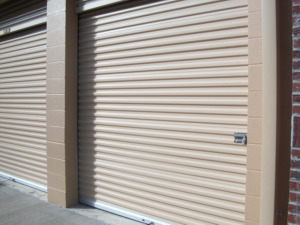 Resale businesses are growing in popularity thanks to the ease of selling over the Internet and the appeal of self-employment.
Resale businesses are growing in popularity thanks to the ease of selling over the Internet and the appeal of self-employment.
The struggling economy has led many people to seek alternative sources of income, and you might be considering this path for yourself.
Whether you have any experience in reselling or you’re a complete newbie to the idea, it’s completely possible to make money with self-storage auctions you just have to be smart about how you pursue them.
How Auctions Work
When a renter fails to pay the storage facility, his belongings are seized and auctioned to make up the lost income from the missed rent. The purpose of this auction is two-fold: First, the facility gets back some of the money it’s owed; second, the unit gets emptied out so it can be re-rented. In order to facilitate the auction, a professional auctioneer may be hired, although some facility managers run their own auctions instead.
Whenever you arrive at the auction, you will have the opportunity to look inside the unit, although you can’t enter the unit or touch anything. After everyone’s had a chance to see, the bidding will start. The winning bidder will pay the auctioneer for the unit and commence emptying that unit out. Prices can vary anywhere between $5 and $1,000 or more depending on the contents of the unit.
The Key to Profiting from Auctions
Winning a unit at auction is just the first part of the storage auction business, and it’s definitely the easiest step. From there, your next goal is to find a way to sell the items inside at a profit.
This is often easier said than done as most units are filled with items that aren’t worth very much: old clothes, tax records, family photographs and worn-down or outdated appliances. Nevertheless, you’ll also find things that are worth selling: nice furniture, electronics, jewelry or collectibles.
To maximize your profits, you’ll need to focus on bidding only on units that are filled with items that can be resold. Choosing he right units will help you tremendously when it becomes time to start reselling.
It’s better to go home empty-handed than to load up your truck with things that you can’t sell. Also remember that you won’t turn a profit on every unit you buy. There is a certain amount of gambling involved in the storage auction business, and accepting the possibility of lost money is just part of the process.
Resellers use many venues for selling their items, including eBay, Craigslist, yard sales and flea markets. You may want to experiment to see which resale methods work best for you and the type of items you’ll be selling.
Some full-time auction hunters even use their findings to stock thrift stores and other brick-and-mortar resale shops.
Please leave your insightful opinions in the comment box below.



















